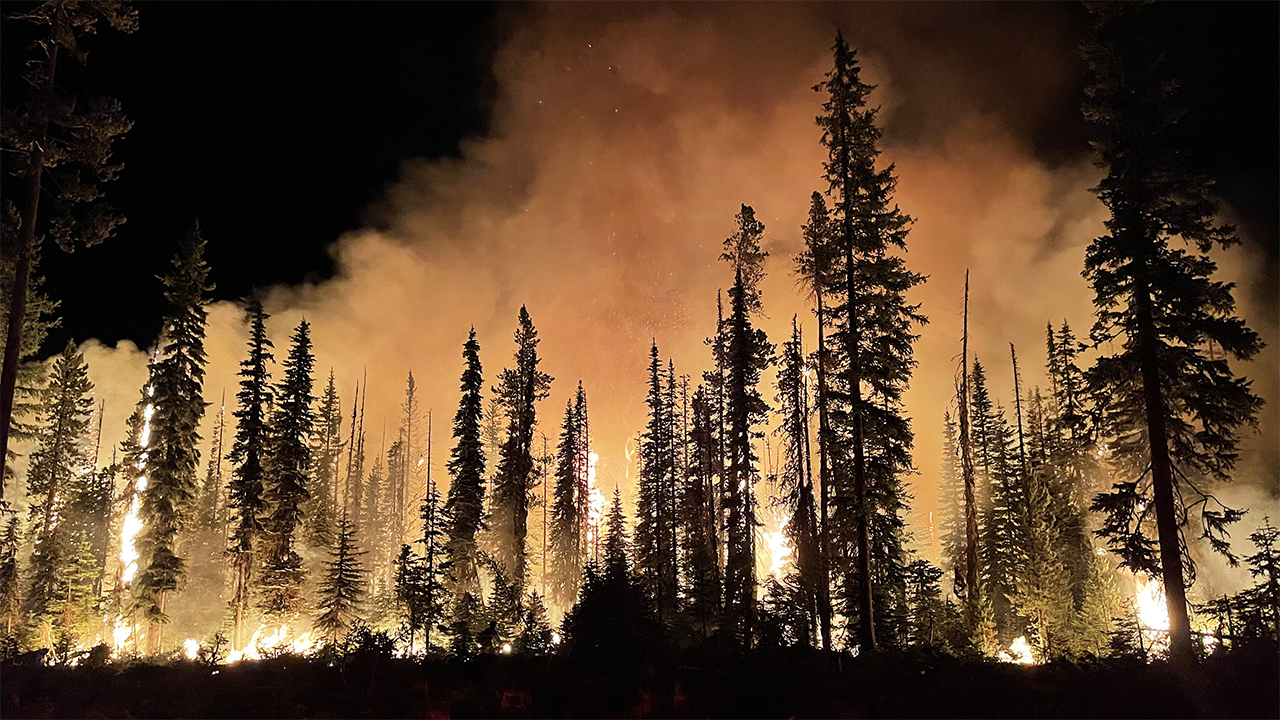Fire, often seen as destructive, is crucial for ecosystems. Fire ecology reveals its roles in nutrient recycling, pest control, habitat creation, and biodiversity.
Contrary to popular belief, fires are not always harmful to nature. In fact, fire plays a critical role in many ecosystems, contributing to their health and sustainability. The perception of fire as purely destructive often overlooks its ecological benefits. Firefighters have been battling wildfires in the West for over a century, and while their efforts are crucial for protecting human life and property, the long-term suppression of natural fires has led to unintended consequences for the environment.
One significant result of prolonged fire suppression is the overgrowth of forests, grasslands, and chaparral. Without regular, low-intensity fires to clear out underbrush and dead plant material, these landscapes accumulate an excess of fuel. This overgrowth makes the environment more susceptible to larger, more intense wildfires when they do occur. Instead of smaller, controlled burns that rejuvenate the ecosystem, we face catastrophic fires that can devastate vast areas, threatening wildlife, destroying habitats, and causing severe soil erosion.
Recognizing the complex role of fire in nature has led to the development of fire ecology, a relatively new scientific discipline. Fire ecology focuses on understanding the natural processes involving fire and the essential role it plays in maintaining healthy ecosystems.
Fire ecologists study how different types of vegetation and wildlife respond to fire, the frequency and intensity of natural fires, and the long-term effects of fire on soil and plant regeneration. This field of study helps us appreciate that many plant species have evolved to depend on fire for their reproduction and growth.
When fires occur under natural conditions, they play several beneficial roles:
- Nutrient Recycling: Fires break down organic matter, returning nutrients to the soil and promoting new plant growth.
- Pest Control: Fire can reduce populations of insects and pathogens that harm plants.
- Habitat Creation: By clearing dense underbrush, fire creates open areas that are crucial for the survival of certain wildlife species.
- Biodiversity Maintenance: Fire maintains the diversity of plant species by preventing any one type of vegetation from becoming too dominant.
Understanding and managing fire through the lens of fire ecology offers a pathway to harmonizing human safety with ecological integrity, ensuring that both our communities and our natural landscapes thrive.
Discover Beautiful Flowers, Expert Gardening Tips & Interesting Plant Science!
By submitting this form, you are consenting to receive marketing emails from: . You can revoke your consent to receive emails at any time by using the SafeUnsubscribe® link, found at the bottom of every email. Emails are serviced by Constant Contact

About The Author
John Bagnasco has been in the gardening industry for over 50 years, starting with a horticulture degree from Michigan State University and following a stint at Frank’s Nursery and Crafts in Detroit.
After publishing his first book “Plants for the Home Vol. I” in 1976, he moved to California to become regional manager and buyer for the Nurseryland division of Sunbelt Nursery Group.
He then became the head buyer for Armstrong Garden Centers based in Glendora, California. John had a part-time affiliation with Creative Promotions for ten years before joining them full-time in October 2000 as a senior editor and radio personality for Garden Compass.
John has also taught horticulture classes at Palomar College and San Diego State University.
He is the host of the DVD “The Essential Guide to Roses,” which also features Bryan Main and Bruce and Sharon Asakawa.
His most recent book is “Planting Designs for Cacti and Succulents”.
Currently, John is a co-host on “Garden America,” an interactive live gardening show that additionally provides podcasts of the broadcasts accessible on all major platforms.
You can contact John here.

